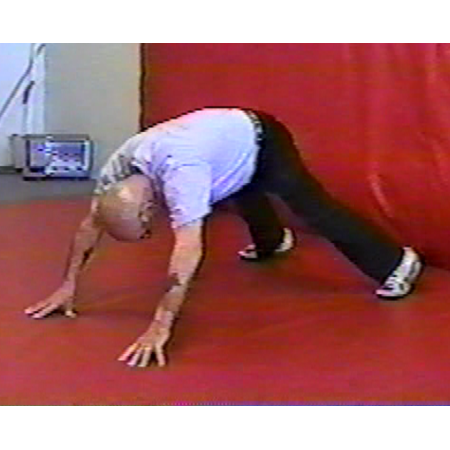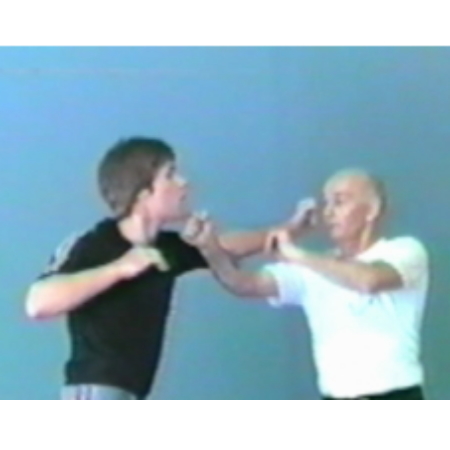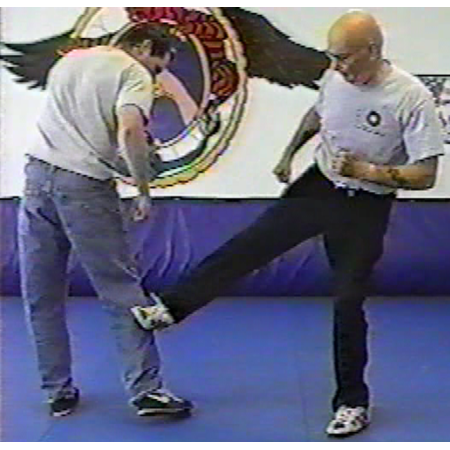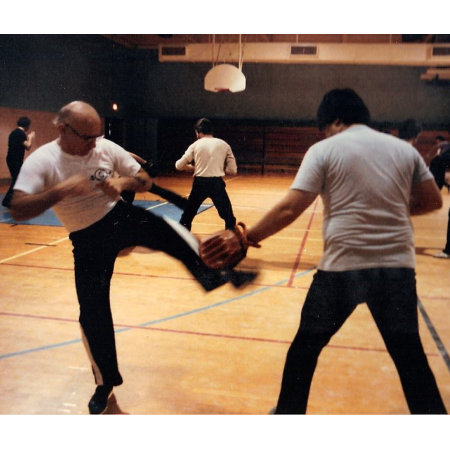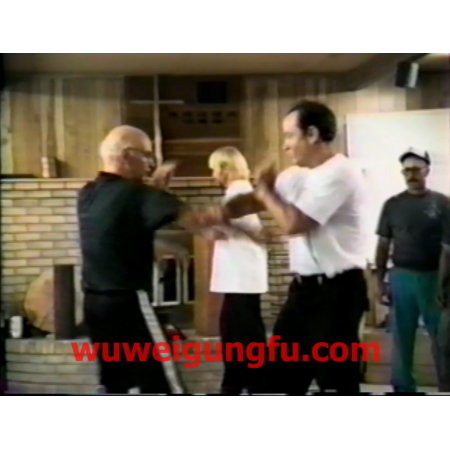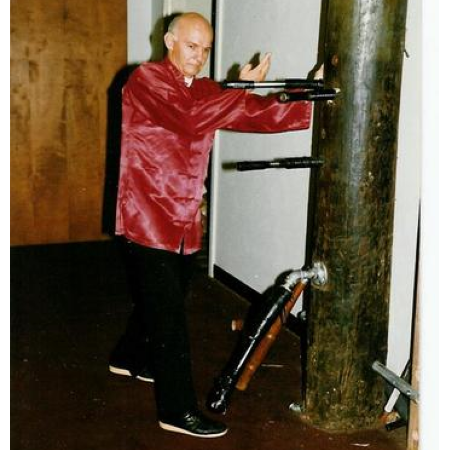Jo-Si Joseph Cowles (1928 - 2014)
Wu-Wei Gung Fu
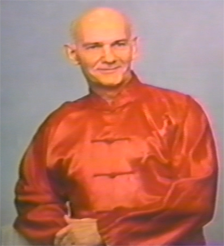 Jo-Si Joseph Cowles
is the founder of Wu-Wei Gung Fu. The roots of Wu-Wei Gung Fu come from Joseph Cowles’ studies
with Bruce Lee at the Jun Fan Gung Fu Institute in Seattle, Washington in the early 1960’s.
Jo-Si Joseph Cowles
is the founder of Wu-Wei Gung Fu. The roots of Wu-Wei Gung Fu come from Joseph Cowles’ studies
with Bruce Lee at the Jun Fan Gung Fu Institute in Seattle, Washington in the early 1960’s.
Wu-Wei Gung Fu is a non-classical, closed discipline of combat-oriented teaching
and techniques. It is designed for reality in self-defense encounters. It is an
art because it promotes the expression of one’s self in disciplined, honest
training, self-exploration, and research of experience. The final objective is
to realize the development of art as natural movement.
The discipline of Wu-Wei Gung Fu is not for the tournament square. Those
who desire sport, tournaments, and championships should look elsewhere for
their training. Our belief is ...that the closer one’s affiliation is with the
sport arena the farther he is from the martial arts. The basic idea of
martial arts is preparedness and discipline, with respect for others. The
real issue is not whether one can win a trophy in the sport arena, or be
looked upon as a champion or famous, but whether he or she can defend
themselves (or the defenseless) in a given situation.
We are not, however, condemning or scorning the sport arena. Sport has its
place and it is exciting and interesting. Nevertheless winning a sporting
contest requires psyching up the ego to be “the best champion” of this or
that title. The aim is toward self-glory and fame. But the aim of this
school is exactly the opposite. The influence of inner strength of
character and ability is one of our main goals. “The sword is a treasure
in its sheath.”
We enjoy sporting events as much as anyone does, and we have our favorite
athletes and fighters too. But for our personal training and development,
our goals and methods are different. Our competition is with ourselves, so
we may say after a period of earnest training, "I’m further ahead now than
before training, I am learning and progressing, and the art is becoming
'natural' to me."
This encourages self-knowledge and reality in our experience. When we
speak of self, we are not speaking of flaunting the ego, but rather of
exploring ourselves and our experience, and expressing ourselves in our
own real personalities and capabilities — without pretense.



